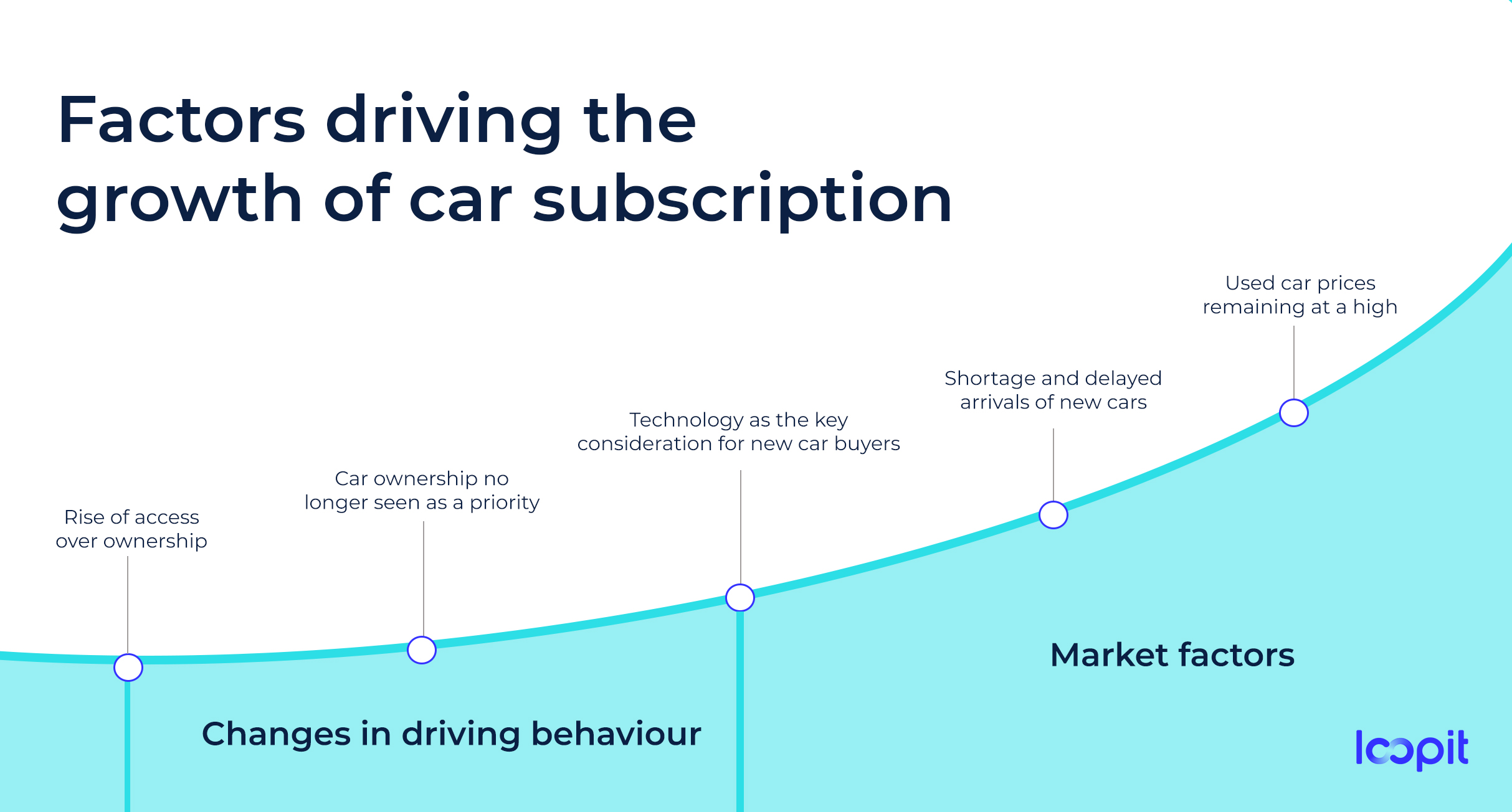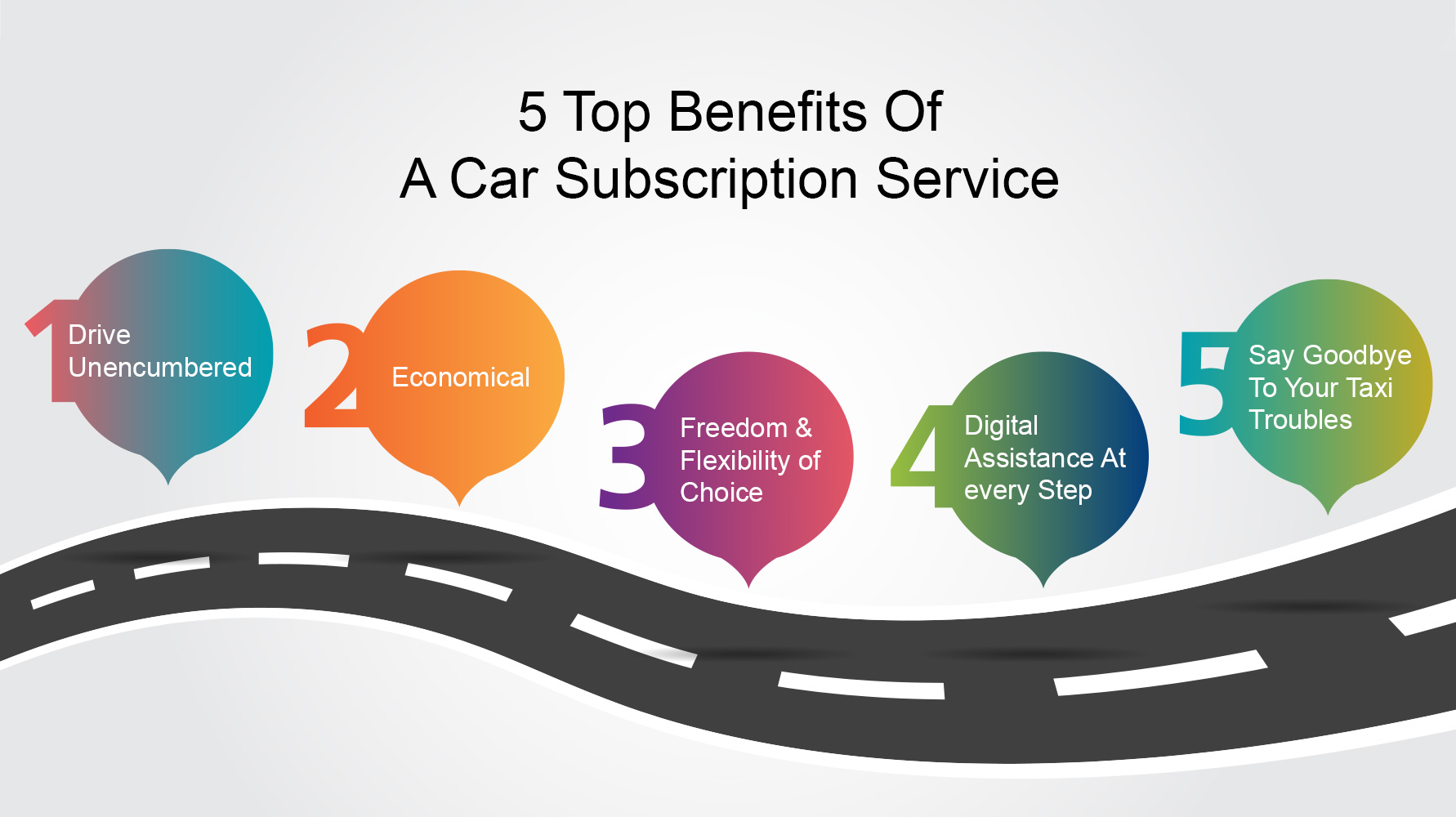Car subscription models have emerged as a modern alternative to traditional car ownership and leasing, capturing the interest of consumers who seek flexibility and convenience in their transportation choices. These models typically involve a monthly fee that covers the use of a vehicle, along with insurance, maintenance, and other associated costs.
The primary appeal lies in the ability to switch cars frequently, allowing users to choose the right vehicle for their needs at any given time without the long-term commitment of purchasing or leasing. However, the rise of car subscription models has also sparked a debate about their ethical implications.
Supporters argue that these subscriptions offer a hassle-free, cost-effective solution that caters to the dynamic lifestyles of modern consumers. They highlight the benefits of accessing newer, safer, and more efficient vehicles, as well as the reduced administrative burdens that come with an all-inclusive subscription.

Critics, on the other hand, contend that car subscription models may be driven by corporate greed, designed to lock consumers into perpetual payments with no path to ownership. Concerns about hidden fees, lack of transparency, and the potential impact on the used car market further fuel the debate.
Additionally, questions have been raised about the environmental sustainability of increased vehicle turnover and the broader cultural implications of a subscription-based approach to car usage.
In this article, we will explore both sides of the argument. We will examine the convenience and benefits offered by car subscription models, as well as the ethical concerns surrounding their implementation. By considering these perspectives, we aim to provide a balanced understanding of whether car subscription models represent genuine convenience or a new form of corporate exploitation.
Convenience: The Benefits of Car Subscription Models
Car subscription models offer a range of benefits that cater to the evolving needs of modern consumers, emphasizing flexibility and convenience. One of the primary advantages of this model is the ability to switch vehicles frequently. Unlike traditional car ownership or leasing, where consumers are tied to a single vehicle for an extended period, car subscriptions allow users to select different cars based on their requirements.
For example, a consumer might opt for a compact car for daily commuting and switch to a spacious SUV for a family vacation. This flexibility can significantly enhance the driving experience, ensuring that the vehicle matches the user’s needs at any given time. Another notable benefit is the all-inclusive nature of the subscription.
The monthly fee typically covers a wide range of expenses, including insurance, maintenance, roadside assistance, and taxes. This bundled approach simplifies budgeting and eliminates the unpredictability associated with unexpected repair costs and insurance premiums. Consumers can enjoy a hassle-free driving experience without worrying about the administrative and financial burdens that come with car ownership.
Car subscription models also provide access to newer and safer vehicles. Subscription services often update their fleets regularly, offering consumers the latest models equipped with advanced safety features and improved fuel efficiency. This not only enhances the driving experience but also contributes to road safety and environmental sustainability. Access to modern, fuel-efficient vehicles can help reduce emissions and promote a greener transportation system.

Additionally, car subscriptions can be particularly advantageous for individuals with temporary or fluctuating transportation needs. For example, expatriates, business travelers, or those who frequently relocate may find car subscriptions more practical and cost-effective than purchasing or leasing a vehicle. The ability to access a car without a long-term commitment provides greater mobility and flexibility, making it easier for individuals to adapt to changing circumstances.
Car subscription models can also foster a sense of freedom and convenience for urban dwellers. In densely populated cities, where parking and maintaining a personal vehicle can be challenging and costly, a subscription service offers an attractive alternative. Users can enjoy the benefits of having a car when needed without the hassle of permanent ownership.
Car subscription models offer a flexible, all-inclusive, and hassle-free alternative to traditional car ownership. By addressing the diverse and dynamic needs of modern consumers, they enhance the driving experience, promote access to newer and safer vehicles, and contribute to a more sustainable and convenient transportation system.
Corporate Greed: The Critique of Car Subscription Models
While car subscription models present numerous advantages, critics argue that they may be driven by corporate greed, prioritizing profit over consumer welfare. One of the primary concerns is the perpetual nature of payments. Unlike purchasing a car, where the consumer eventually owns the vehicle outright, car subscriptions require ongoing payments with no ownership at the end.
Over time, consumers may end up paying more than they would have if they had purchased or leased a vehicle, creating a continuous revenue stream for companies while offering no long-term asset to the consumer. Additionally, there is the issue of hidden fees and lack of transparency. Some subscription services may advertise attractive monthly rates but include additional charges for exceeding mileage limits, opting for premium models, or returning the car in less-than-perfect condition.
These hidden costs can quickly add up, making the subscription model more expensive than it initially appears. Critics argue that this lack of transparency can mislead consumers and create financial strain, ultimately benefiting the company at the expense of the user. The impact on the used car market is another concern. As more consumers opt for subscriptions, the demand for buying used cars may decrease, potentially lowering their resale value.
This could disadvantage those who rely on selling their cars to recoup some of their initial investment. Additionally, increased vehicle turnover due to frequent switching can lead to higher wear and tear, affecting the condition and value of used cars. This trend can disrupt the traditional car market and create uncertainty for consumers and dealers alike.

Environmental implications also need to be considered. While subscription models can promote access to newer and more efficient vehicles, the frequent turnover of cars can lead to increased production and disposal rates. This may offset some of the environmental benefits by contributing to resource depletion and waste. Sustainable practices in the production, maintenance, and disposal of vehicles are essential to ensure that the subscription model does not exacerbate environmental issues. Critics argue that a focus on short-term convenience may overlook the long-term environmental impact of increased vehicle turnover.
Finally, car subscription models may contribute to a culture of consumerism and short-term thinking. The emphasis on convenience and frequent switching can encourage a disposable mindset, where the long-term value and sustainability of owning a vehicle are overlooked in favor of immediate gratification. This cultural shift can have broader implications for how consumers approach other aspects of consumption and ownership, potentially undermining efforts to promote more sustainable and responsible behavior.
While car subscription models offer flexibility and convenience, it is crucial to critically assess the ethical implications. The potential for hidden fees, perpetual payments, and environmental impacts raises important questions about whether these models serve the best interests of consumers or prioritize corporate profits. By examining both the benefits and downsides, we can better understand the ethical complexities of car subscription models and their place in the evolving world of transportation.

